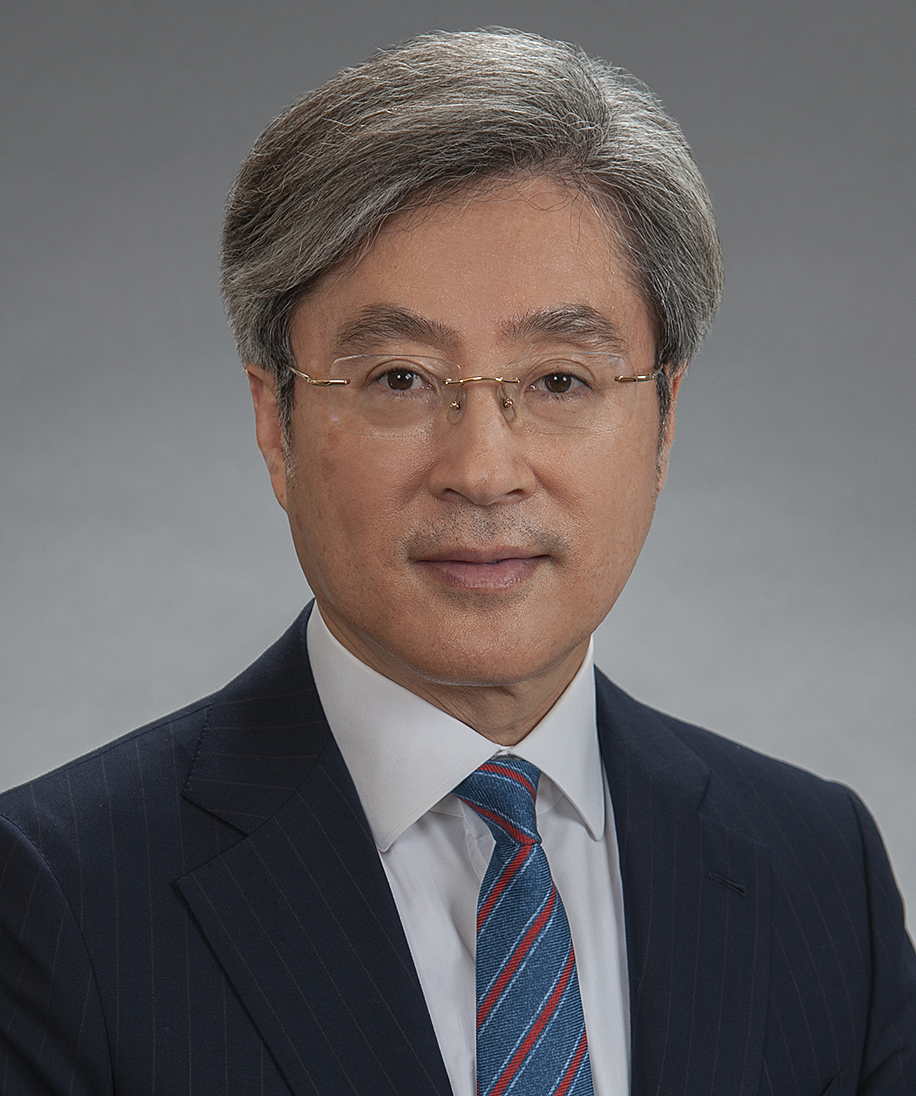What Are the Top Five U.S. Litigation Trends for Korean Companies to Follow in 2016?
November 23, 2015
By Naveen Modi& Jong Han Kim
As Korean companies continue to expand their global business, they must proactively manage their risk of U.S. litigation in order to successfully navigate new paths to growth. With the risk of civil and criminal trade secrets cases, antitrust violations, and patent litigations continuing to rise, here are the top five trends to follow in 2016:
The Rise of U.S. Litigation Risks
As Korean corporations continue to expand into the U.S. markets, their exposure to U.S. liabilities is also rising. To manage their risks, companies need to become aware of liabilities arising from trade secrets misappropriation, antitrust and Foreign Corrupt Practices Act violations, and patent infringement.The Importance of Compliance Programs
While compliance programs are not a new development, they are more important than ever. Korean companies should invest in legal risk management plans to help them minimize their risk of civil and criminal cases in the U.S. by adopting global standard compliance and training programs. Companies should also analyze competing companies’ litigation patterns and behavior and examine their current recruiting and retention policies.Addressing and Protecting Trade Secrets
According to accounting firm PwC, the magnitude of the impact of trade secrets misappropriation and economic espionage in the U.S. is estimated at more than 2% of U.S. GDP—that’s nearly US$350 billion. This estimate, together with the recently issued Yates Memorandum urging prosecutors to be more forceful in prosecuting individuals, means that companies need to address the issue now to effectively manage their risk.The Evolution of Civil Liabilities
The monetary risk and threat of potential injunctions for Korean companies are increasing in the U.S., due to a growing discussion concerning the evolving standards of civil liability in the trade secrets area, which is currently governed state by state. Courts in many states continue to lower the standards for liability, making it easier for U.S. companies to sue Korean companies.Leveraging Post-Grant Proceedings, Including Inter Partes Reviews (IPRs)
Given the growing use of post-grant proceedings, including IPRs, to resolve patent disputes, we predict that Korean companies will find these proceedings to be a useful leverage tool in U.S. patent litigation.
View our videos to gain insight into U.S. litigation trends and compliance programs
Contributors


Practice Areas
For More Information

